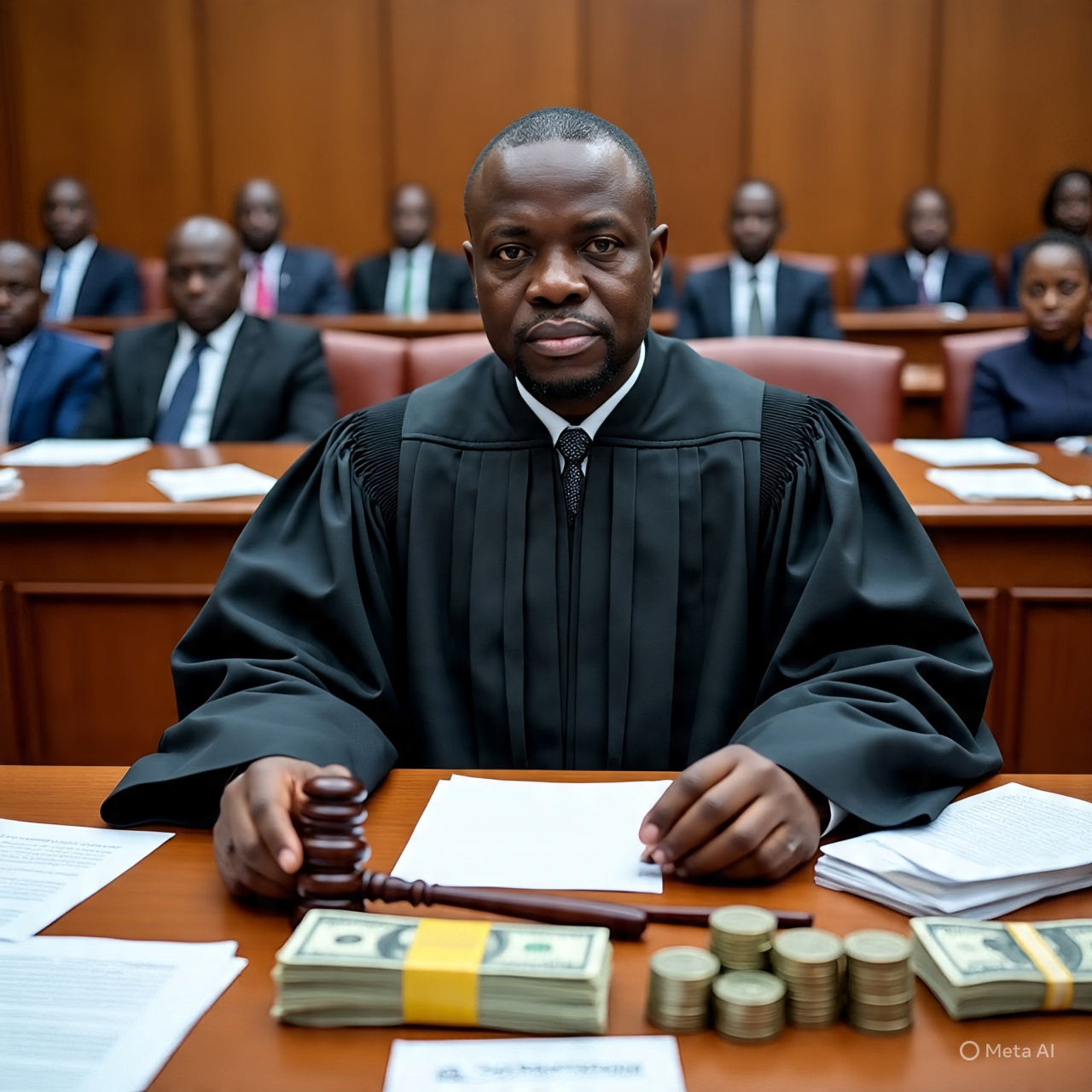
Corruption in the judiciary is a big problem for Nigeria’s democracy. When the judiciary is corrupt, it undermines the rule of law and makes people lose trust in institutions. This creates uncertainty for businesses and deters investors from coming to Nigeria.
The Impact on Investment
The Nigerian government has spent a lot of money to attract investors, but it’s not working. Corruption in the judiciary is a major turn-off for investors. They want a stable and predictable business environment, but without a functional and impartial judiciary, they’re hesitant to invest.
The Burden on the Poor
Corruption in the judiciary also hurts the poor and vulnerable. The judicial system is supposed to help people, but it’s become a source of fear and oppression. The rich and powerful exploit this system to cheat and oppress the poor. They cheat the poor and then tell them to go to court, knowing the poor can’t afford justice and the judgment can be bought.
The Need for Reform
To fix this, Nigeria needs to reform its judiciary. This means:
– Making the judiciary stronger and more independent
– Improving transparency and accountability
– Appointing judges based on merit, not connections
Conclusion
Corruption in the judiciary is a serious threat to Nigeria’s democracy and economy. To attract investors and promote growth, Nigeria needs to prioritize judicial reform. Only then can the judiciary serve as a true bastion of hope for the common man.
















Wonderful beat I wish to apprentice while you amend your web site how could i subscribe for a blog web site The account aided me a acceptable deal I had been a little bit acquainted of this your broadcast provided bright clear idea